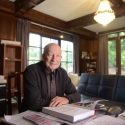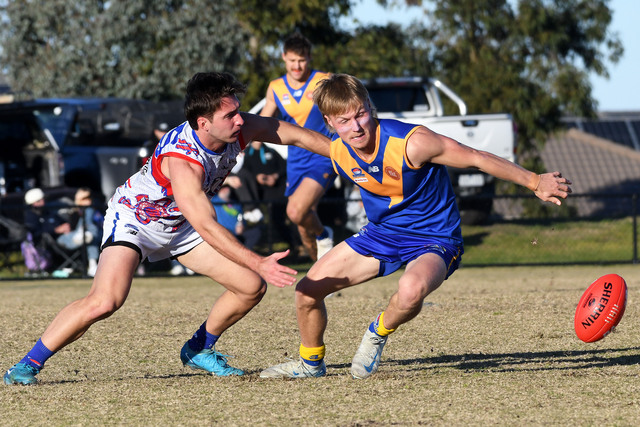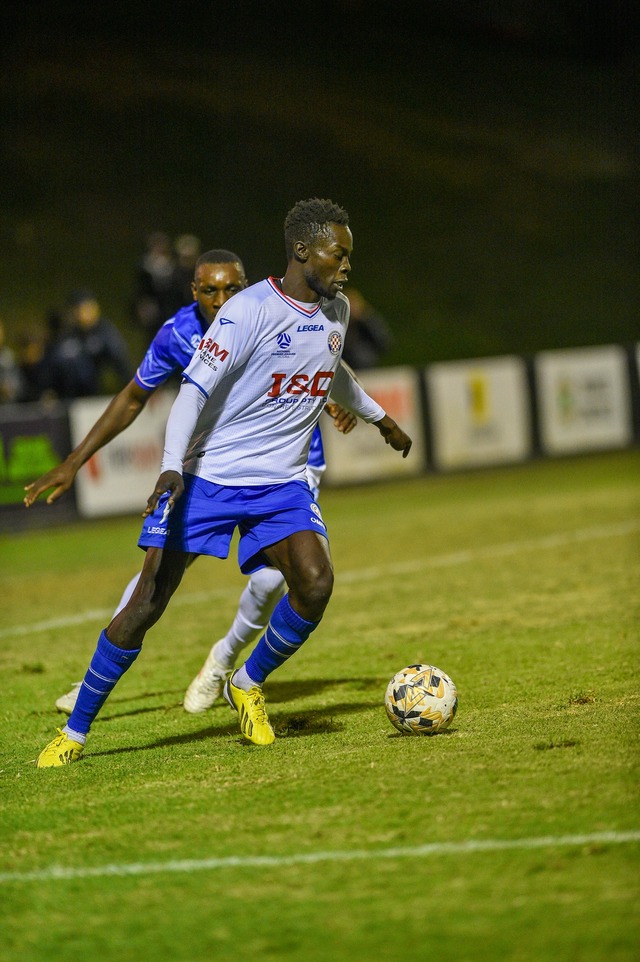The late Jack Johnson was the author of When The Clock Strikes, a fascinating account of growing up in Dandenong, his years tending to the city’s pipes and drains as a plumber and bringing up a family with wife Frances in their beloved home in Macpherson Street.
During World War II, when the air-raid siren at the police station sounded, we would be drilled by the nuns at St Mary’s Primary School to leave the classrooms and lay on our bellies in the small ditches that had been dug around the fence boundaries of the dirt and grass playground.
We also had to clench a rubber between our teeth.
“What bloody good is that going to do me if a bomb lands in the middle of the playground, or on old Ned Logan’s dunny?” Snake said. The dunny was just over the fence.
One of our mad mates didn’t have a rubber, so he decided to use the one on the end of a pencil he had taken from the girl sitting next to him in the double wooden desks.
But he bit down too hard and the rubber came off and he swallowed it.
When he started to panic about having a rubber in his guts, another boy told him “lay down you dumb bastard and forget it”.
This earned him a punch in the back of the head from Mother Anthony, who was prowling along the ditches making sure the kids were doing the air-raid drill properly.
Sometimes we were marched by the nuns down McCrae street to the block of land on the corner of Walker Street, where air-raid trenches had been dug, and given instructions by a couple of old blokes in tin hats and gum boots with large gas masks and goggles strapped to their chests on what to do during an air raid.
They would light a heap of stuff that went off like a large bundle of damp sparklers, then with a red fire bucket filled with sand tell us this was how you put out incendiary bombs.
They were called air-raid wardens and patrolled our streets at night, either walking or riding a pushbike, to make sure everyone had their black-out screens on the windows, doors and walls with panels of leadlight in them.
One of these old blokes lived in Stuart Street and when doing the rounds carried a torch about two feet long.
He would shine it everywhere like a bloody search light in case he fell down one of the deep bluestone block drains.
Dad was not very impressed when he banged on our window in the middle of the night to tell him that when he stood on our front verandah he could see a tiny pin point of light coming from a wall vent in the brick wall.
Those vents were a compulsory building regulation as nearly all heating was by open fires, so Dad was annoyed by his order to cement it up.
He suggested to the warden that he thought it far more likely that a bomb aimer in an enemy aircraft looking to drop a few on Dandenong would have a much greater chance of spotting the beam of his bloody great searchlight than he would of seeing this almost invisible speck of light under a verandah.







